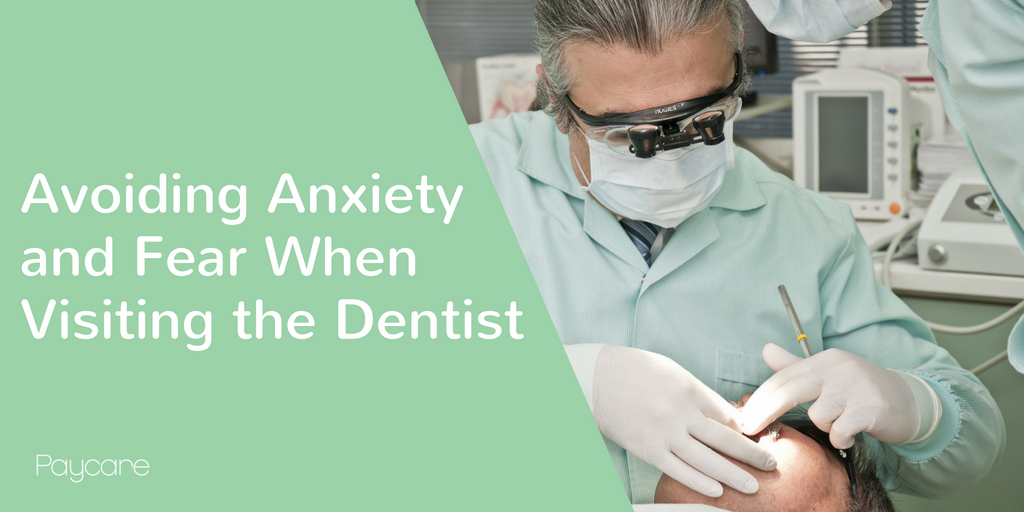Despite clear links between dental health and overall wellbeing, 39%1 of people don’t go to the dentist regularly (the recommendation is at least once a year), potentially exacerbating the risk of more serious problems in later life, eg. toothache, gum disease and tooth decay (which around 31% of people in the UK are said to have).
Anxiety about visiting the dentist is not uncommon, and it can range from a mild uneasiness to acute panic attacks, and even, in some cases, lead to fainting. It can impact people to such a degree in fact, that many people actually avoid visiting their dentist for vital routine appointments, only going when they need urgent attention.
It’s an area of our healthcare that we can actually make the biggest difference to when it comes to preventing any problems in the future. Dental fear is rated as the number one reason for people feeling nervous, and is even more common than the fear of heights, according to the Oral Health Foundation.
So what can we do to reduce the impact of dentistry fear, and how can we ensure that it doesn’t stop us from having these checks done, or at least make us feel more at ease during an appointment?
The first thing is to identify what your trigger(s) might be so that you can put steps in place to manage them or find a way to get around them in the future. Common dental anxiety triggers can include:
- Seeing or hearing the dentist’s drill
- Seeing or thinking about needles
- Experiencing a lack of control in the dentist’s chair
- Having previous negative experiences
- Lacking an understanding of what is being done
- The unknown feeling of what’s to come during treatment
With teeth and smiles rated as the second most attractive thing about a person, it’s another reason to make sure we look after them properly – and not let the anxiety get in the way of having preventative treatments and check-ups.
Here’s what we can do to get around triggers, and prevent more severe anxiety and worry about the dentist…
- Sympathetic Dentists | Look for someone who advertises themselves as an expert in dealing with anxious patients or speak to your friends and family to hear their recommendations
- Listen to Music | If it’s the noise that troubles you, why not stick in a pair of earphones and your favourite tunes to block it out
- Go Beforehand | Prior to your first appointment, go along to the surgery and meet the receptionist if you can – that way, you can get familiar with your surroundings and the staff to settle your nerves on the day
- Communicate Your Fears | Explain to your dentist that you can be a little nervous about certain things, whether it’s needles or again, the noise. They might have earplugs for you, or they may try and avoid showing you the needle
- Pick Early Appointments | Having the dentist in the afternoon can make you worry or think about the prospect of it hours beforehand, if not the whole day. You can relieve yourself from some of that worry by getting it done early so that it’s out of the way
- Bring a Friend | For comfort, you can bring someone with you to your appointment for extra comfort, even if they only stay in the waiting room for you
- Avoid Caffeine | Drinking too much caffeine can over-stimulate the mind and body, making your senses more heightened. Instead, choose a more relaxing beverage, like green tea or fruit tea, which produce calming effects
- Remember to Breath | Learn some basic breathing techniques to help you get through the process – taking long, deep breaths, for example, will help to lower your heart rate and make you feel more grounded and relaxed
- Finally, Reward Yourself! | Before going into the dentist, think about something you’d really like to treat yourself to once it’s over. Whether it’s a pair of new shoes, or simply a posh coffee – make sure you take time to appropriately reward yourself for facing your fear!
1 | Oral Health Foundation

